Today, we revisit the concept of serial communication with RS-232 and TTL. We'll also explore the "inverted TTL" with the ultrasonic range finder to read data from the sensor.
We can use digital magnetic field detectors as a compass to give our robot an absolute heading.
Let's gaze upward and look at how some of those nifty satellites can give us position data.
It's Monday, and that means it's time for Adventures in Science! This week, we dive into the mysterious world of rotary encoders.
Time for the ever-popular loops discussion! We look at the three basic loops you can use in Arduino.
Building on our last Arduino programming episode, we look at creating compound conditional statements using logic operators.
Two new audio boards that utilize the InGenius and OutSmarts IC suite, as well as a new digital servo!
We present another set of concepts in the computer science series as they relate to Arduino.
Our new Simultaneous RFID Reader brings multitag tracking capabilities to the masses.
Being able to program an ATtiny directly from Arduino can be a powerful tool to create low-cost embedded prototypes.
How to set up an Arduino as an in-system programmer (ISP) and program an Atmel ATtiny84A to blink
When writing a library, pass in I2C ports to make the library more useful on different platforms.
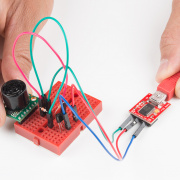
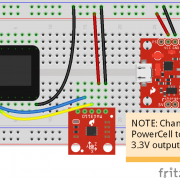
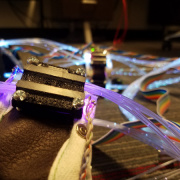



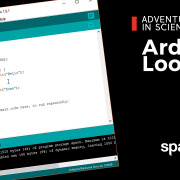
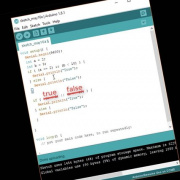
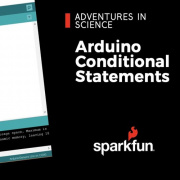
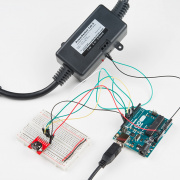

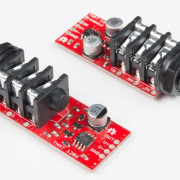
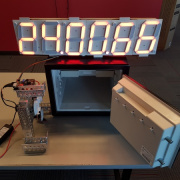
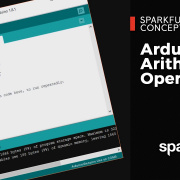
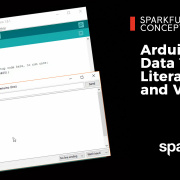

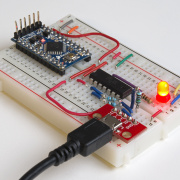

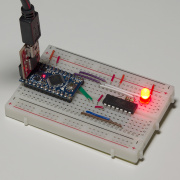
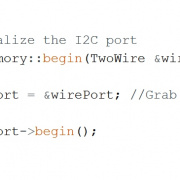
Hi, "For a full wishlist of products for this project, check it out here:" ....but I see no link to anything further. I am hoping you have…